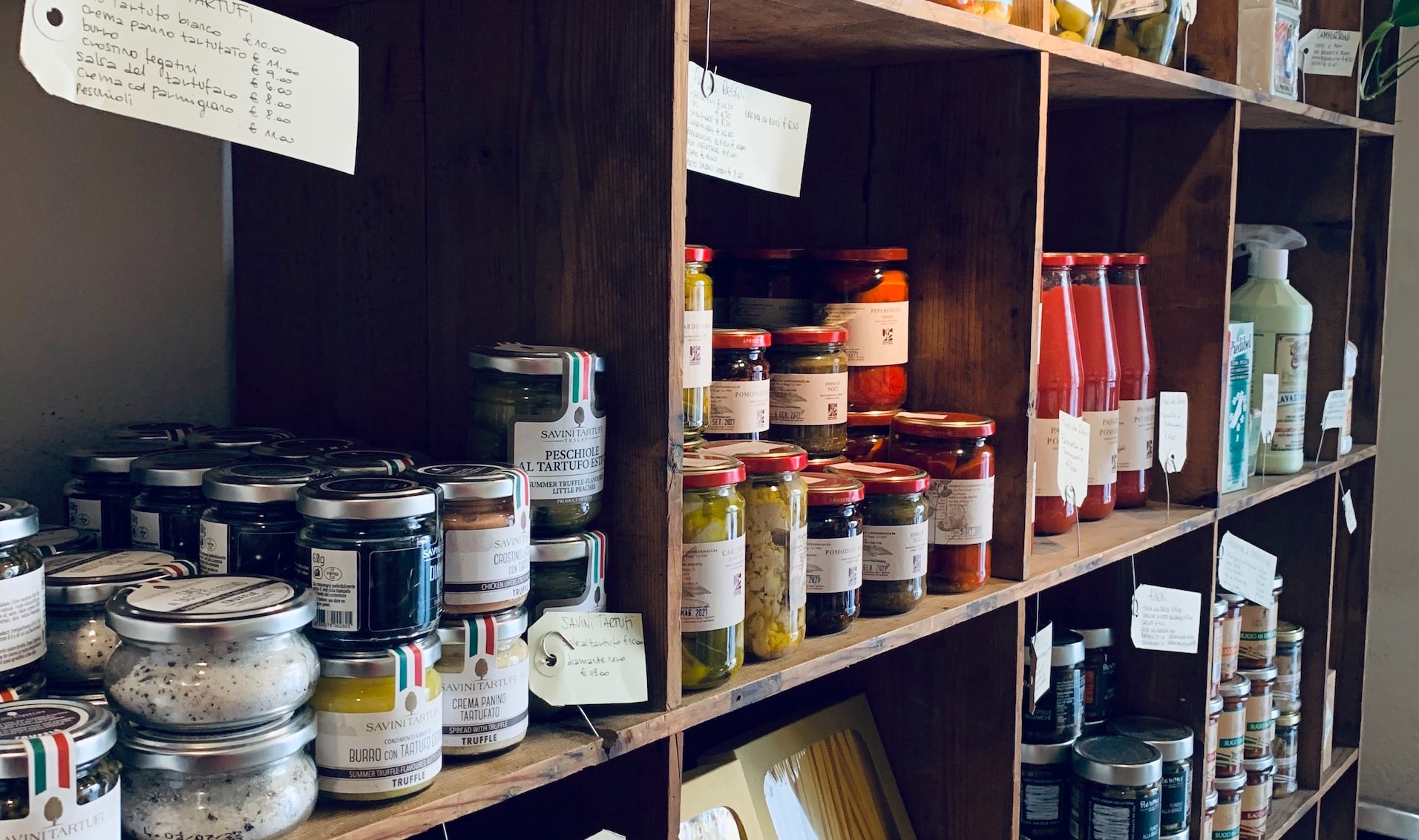
Well-stored supplies can be a great addition to dinner. But how do you make sure that they will survive autumn and winter without problems?
If you managed to collect a lot of supplies in the summer – you’re in luck! You no longer have to worry about dinner side dishes throughout the winter. We know many ways to keep them fresh, without losing flavor and nutritional value. However, storing requires taking a few steps at first, but don’t worry – everything can be done at home. All you need is a basement, a freezer, a spare cabinet and a few spare jars.
Do you have some fruits and vegetables left over from the summer season? Make preserves and don’t worry about them going to waste. Jams, jam, salads or pickles – not only will they be tasty, but they will survive autumn and winter without any problems. Discard over-ripe, spoiled and damaged vegetables and fruits. Choose only the best ones. If pasteurized with salt, sugar or vinegar, they are sure to be a perfect addition to many dinners. Remember to describe each jar. It will be easier for you to arrange everything later and you won’t have problems finding the right jar.
The basement is a great place to store preserves. A cool and dark room allows you to accumulate them in large quantities. Try to keep it below 10°C and make sure it is ventilated to keep your supplies safe. Also check for fungi and mold in the corners.
However, jars collected over the years can take up too much space over time. It’s a good idea to do some tidying up before bringing in the new jars. You may find that some of the preserves lingering on the shelf are no longer fit for consumption. Make sure that no mold has appeared and the color has not changed. In addition, it is a good idea to reorganize the jars. You can divide them according to type, starting with the oldest preserves.
Jars are not the only thing that can be stored in the cellar. Potatoes and beets in wooden boxes will also survive autumn and winter here without problems.
You can also store some supplies at home. Freezing is a reliable way to store food for several months. You can extend the freshness of many fruits and vegetables this way, including in the form of mousses. In addition, it is a good idea to keep excess meat in the freezer, for example, which will be ideal for a black hour. We also suggest storing fish and seafood, and even baked goods in it.
Kitchen cabinets are also not a bad idea for home storage of supplies. They are usually darkened and the temperature is low. Before putting in the veggies, make sure the chosen cabinet is cleaned and ready to receive the new “tenants.” You can also put herbs, dried vegetables and mushrooms in it.
Some people also recommend storing some supplies on the balcony. Above all, it should withstand it without problems, especially the veggies. You can put it in styrofoam-lined boxes. Another idea is to line the containers with foil and put the vegetables on sand.
main photo: unsplash.com/Artem Kostelnyuk